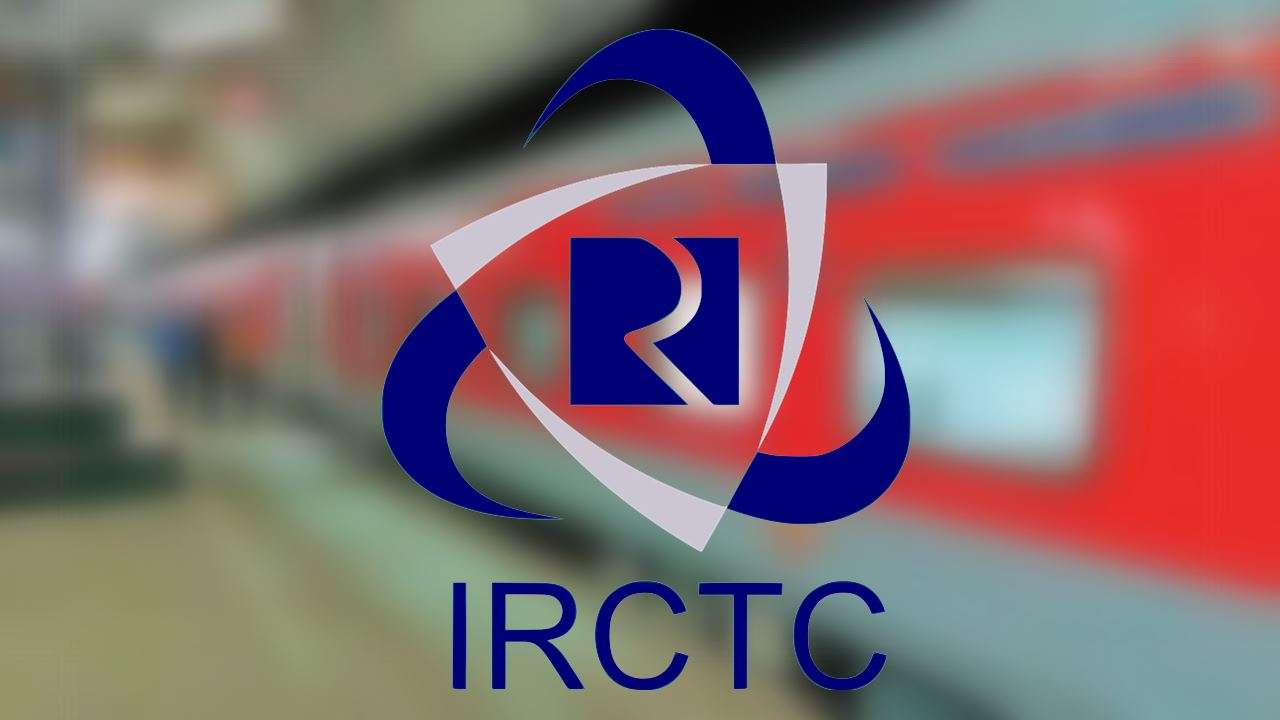IRCTC is the only firm authorized by the Indian Railways to sell bottled water, manage catering services, and sell railway tickets online across all Indian railway stations and trains. As a result, it's considered a monopoly. A monopoly is one of the few things that investors like more than life itself. It's the chance to corner a market only via government decrees. Investors were ecstatic when the business chose to go public in October 2019 at Rs 320 a share. They couldn't believe how "cheap" it was in comparison to its potential.
The stock also doubled in value on the day of its first public offering. By October 2021, the stock had risen to about Rs 6,000 per share. IRCTC was in high demand, and everyone wanted a piece of it.
However, there was one issue: government intervention. It was the one item that had the potential to come back to bite minority stockholders.
With that out of the way, let's get to the body of the event.
IRCTC sent a notice on the 28th of October, after the markets had closed for the day. The Ministry of Railways had requested that IRCTC begin sharing half of its convenience costs — the Rs 20 or so you pay for the ease of ordering tickets online. And then everyone went insane.
On Friday, just minutes after the stock market opened, the stock plummeted by 20%.
But here's the thing: there's a catch. Convenience fees accounted for just 15–20 percent of IRCTC's earnings in the past, amounting to roughly Rs 400–500 crores. As a result, the corporation was not going to suffer a major setback as a result of this sharing business.
This isn't the first time the government has done something similar. The railways took 20% of the convenience fees in 2014. And in 2015, they increased it to 50%. Then, starting in 2017, they ceased sharing income for a short time. However, the writing was on the wall that Railways will seek a share again at some time.
So, what's the difference today vs then?
People like you and me, on the other hand, were not stockholders back then. We may also penalise the stock if we can reward it for all of its potential. People also expressed their disapproval through social media almost immediately. Because something else had occurred earlier in the day. Something that infuriated investors.
IRCTC has recently divided its stock. That implies that if you bought 1 share of IRCTC for Rs 4,500, you now own 5 shares at Rs 900. You'd receive the four extra shares four days following the split. When the government asked for a piece of the revenue pie, everyone expected the stock to plummet. However, even if stockholders wanted to get out of the stock, they didn't have "4" shares with them to sell. They were stranded and enraged.
So, what was the government's response? It promptly overturned the decision.
They could have stuck to their guns and stated, "In the past, we've shared income, and we want to do it again." Shareholders, on the other hand, accused them of "manipulation." They did, after all, announce the revenue share right after the stock split. And the government does not want to be labelled as such.
Also, consider it from a different perspective for a moment. Requesting that IRCTC share 50% of convenience fees will only net the Railways roughly Rs 200 crores, give or take. That's only a smidgeon of change. IRCTC, on the other hand, lost over Rs 20,000 crores in market value overnight when shareholders opted to penalise the company. As a result, the government lost close to Rs 13,500 crores in equity, which it had just a few days before.
There's also the reality that the government plans to sell off sections of government-owned businesses in the future. They'll also be looking for a nice deal at the moment. People who dislike the government, on the other hand, are unlikely to invest in other public firms. And the administration may be forced to accept a lesser figure. However, by changing its decision so quickly, it sends a message to minority shareholders that "we care."
We don't know if investors in IRCTC will be prepared to put their faith in the government again. We do know that the administration was able to alleviate some of the damage, which is a tiny triumph in and of itself.


Comments
Post a Comment